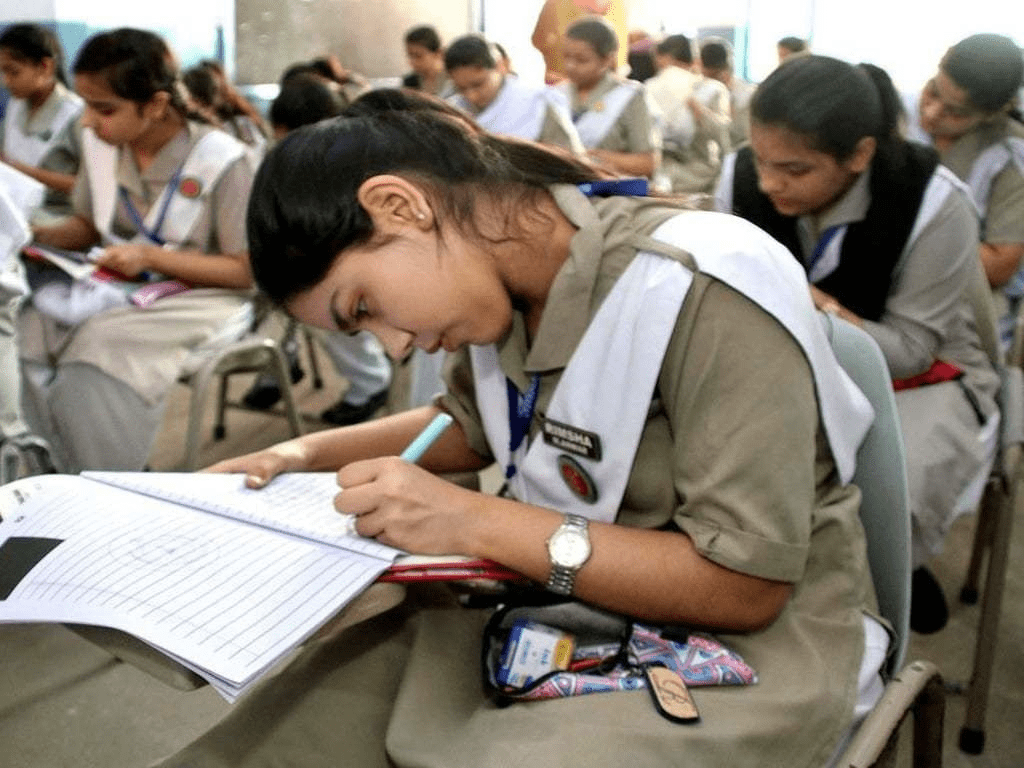The Inter Boards Coordination Commission (IBCC) has launched a series of educational reforms, including the introduction of grace marks for students and the standardization of examination assessments across all educational boards in Pakistan.
At a press conference held in Karachi, IBCC Executive Director Dr. Ghulam Ali Mallah outlined the ongoing reform process, with key recommendations expected to be approved and implemented soon.
A recent sub-committee meeting in Karachi decided that all educational boards will now be required to award an additional seven passing marks, raising the passing score from 33% to 40% starting next academic year.
The IBCC also plans to shift from an open-choice to a close-choice exam format, where each question will offer two knowledge-based options. This change is designed to improve students’ critical thinking abilities rather than relying on rote memorization.
To address discrepancies in marks for students transferring between educational boards, the commission is considering awarding average marks to ensure consistency.
In regions like Punjab and Khyber-Pakhtunkhwa, Quranic Studies is an additional subject, increasing the total marks for Matric and Intermediate students from 1100 to 1200. In contrast, Sindh and other regions maintain a total of 1100 marks without offering Quranic Studies as a separate subject. To maintain uniformity, students moving from Karachi to Punjab may receive average marks.
The IBCC is also working on a National Assessment Framework to standardize grading and assessment practices across the country’s 29 educational boards. These reforms are likely to be implemented by December, following approval in the upcoming meeting.
In a related development, the IBCC has signed a Memorandum of Understanding (MoU) with the Pakistan Cricket Board (PCB) to foster young cricket talent in schools and colleges, positioning educational institutions as key nurseries for future cricket stars.
